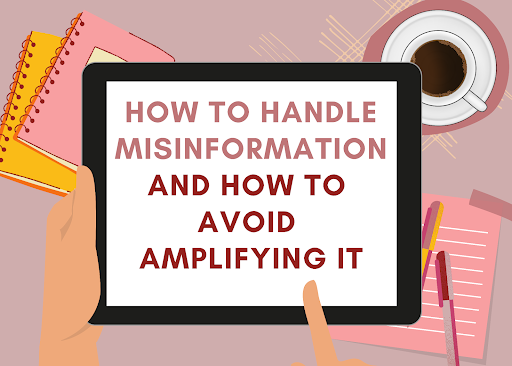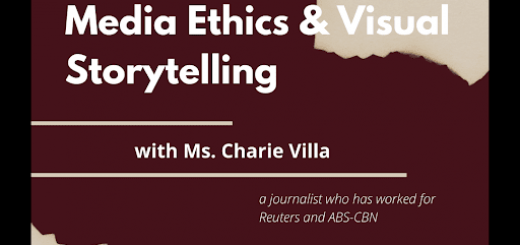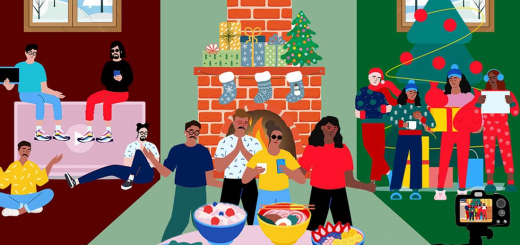Informing Yourself, So That Misinformation Doesn’t

Misinformation hides behind the face of reliability. What we see online is so accessible and believable that we often neglect fact-checking and questioning what we receive. It’s easy to be misled by something when it’s painted in harmless “educational” colors.
Considering not only the media’s nature, but also ours when we let our guards down in the online world, there is no wonder as to why fake news is so rampant these days. Common, but not any less detrimental because of its prevalent occurrence. Why do we need to heighten our vigilance towards false information? It continuously can be spread out in the media and places we give no suspicion to because of how secure we claim it to be. The Philippines has been consistently ranked first over the years in social media usage and most time spent on apps. W. (2022, January 30). Research Ranks Philippines 1st in Most Time Spent Using Internet Among All Countries in the World. When In Manila. This implies that the potential for misinformation is elevated compared to other countries. However, all nations are susceptible to the fake news phenomenon. You’d think because of its consistent recurrence, you’d be able to spot fake news when you see it. However, the process of dominating over misinformation is an act we must continue putting to practice. Which goes hand in hand with upholding the importance of expelling any ruminating falsities.
Just how serious are the effects? How far does its negative influence go?
Imagine misinformation as a virus. Though the infected individual may assume it starts and ends with them, it’s not until they (he or she who is infected) are isolated and treated, will the virus be contained, controllable, and eventually annihilated. Just like false information, unless it’s fact-checked (treated), and is approached with a critical mindset, you will not be able to obliterate it. In return, not only do you become a victim of misinformation but you may potentially spread the misinformation and cause others to be victimized as well. This may affect political, societal, and cultural beliefs..
The same risk exists for the presidential polls this 2022. Filipinos spend 98% of their time online, the Philippines may become a breeding ground for political disinformation. Domino, J. (2021, November 10). Filipinos are left to pick between repressive social media laws — or none at all. Rest of World. https://restofworld.org/2021/philippines-social-media-regulation/
Misinformation can be harmful regardless of whether there is intent to mislead or not. When an individual is not aware that their information is not reliable, they will not question it. Therefore they will not find any reason to fact-check and continue to spread it heedlessly. This then creates allowance for unintended and harmful consequences.
These are a few of the many effects misinformation can have on not just one person, but an entire nation. It affects culture, society and politics. If information is the foundation of the beliefs that shape society, the wrong kind of information could be the very reason those foundations weaken.
You’ve now learned the effects of misinformation, but how should you deal with this? Moving forward, these are the ways can avoid the amplification of misinformation.
The best ways to counter fake news are by:
- Conducting your own research. This emphasizes the importance of media literacy education, a sustainable solution. Media literacy teaches us how to become more mindful of the ways society can be easily influenced and deceived. This kind of education equips us with the necessary and effective critical thinking and research skills we need to navigate and lead ourselves through a complex information environment. Media literacy is a must when approaching any kind of information.
Through this, you will learn the fundamentals about misinformation, how to analyze sources, where to find reputable and credible information, and where to search for fact-checking tools.
- Fact checking tools: Upon researching for fact checking tools, here are some reliable options you may use when you stumble upon information you’d like to put through examination.
- Fact-Check Tools Google
- Media Bias/Fact Check Browser Extension
- Project Fib
- B.S. Detector
- Snopes.com
- Wolfram|Alpha
- Fact-checking released information from credible sources is perhaps one of the most effective ways to combat the spread of fake news. By double checking a claim you see on an online platform, and approaching the act of absorbing information with a critical mindset (not quickly accepting anything), you can verify whether or not it’s true. The reason it is important to use verified sources to fact-check information is that you may risk perpetuating the cycle and being a contributor to it, which goes against the goal of obstructing the existence of fake news. We must not be involved in the online world if we will continue passively existing and absorbing everything we come across as truth.
Source: G. (2019b, August 22). Top 8 Tools To Fact Check Your Research. PDF Blog | Investintech PDF Solutions. https://www.investintech.com/resources/blog/archives/9120-fact-check-tools-tips.html
(2022, March). Media Literacy Resources for Evaluating Information
https://libguides.lakeheadu.ca/c.php?g=699699&p=4967982
Stating the catastrophic societal environmental and cultural risks of the misinformation movement, brings into light the cost of what it means if we dismissed such a matter. Finding importance in this and following through with actions is vital to ensure two things: that we are not victims to misinformation and we are not contributors to the success of its configuration.
This is what refines all the false information over and over until all we’re left with is the truth. Reliable, trustworthy information, credible and worthy of being called truth.
You may think “This is all too much work.” I know! All this may seem rather taxing, just for a single piece of information you see online amongst the thousands, millions even, that you are yet to encounter. Believe me, I acknowledge that it does require more effort (even for me!) than just simply being easily impressed by what’s around me. However, it is what requires effort, that creates change for the better, beyond just yourself. Benefiting and preserving many others and an entire nation, from possibly falling into the trap of misinformation, as well as its repercussions. Fruitful, and effective things are worth the effort. Though it requires more of you, so does it work, for more of you. It is far better than blindly accepting what the online sphere can deceive us with, as factual. Risking not just the online, but (reiterating) the societal, cultural, political, economical spheres (and so much more).
Therefore, if we want to be participants in changing the trajectory of the online world and its susceptibility to misinformation’s harm, we encourage all of you to be the change. To be the change is to fulfill the steps required for avoiding the amplification of false news. By being vigilant, using the right resources, fact-checking, and doing everything else media literacy upholds for us consumers as we exist throughout the media.





